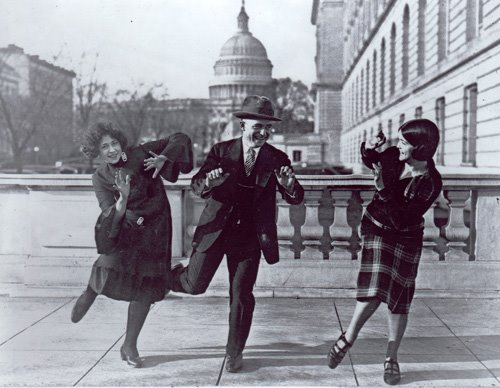The merits of Modern Language(s)
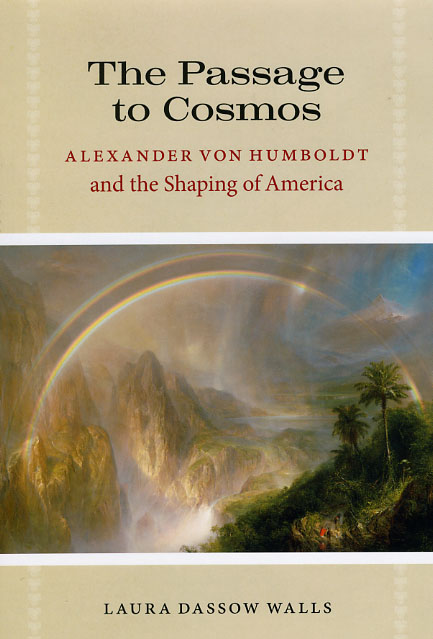
In 1883, an interdisciplinary advocacy group promoting the study of literature and modern languages was founded at Johns Hopkins University. In its one-hundred and twenty-seven year run, the Modern Language Association has grown to include more than 30,000 members in over 100 countries, fostered several major publications and a serialized radio show, and survived the changing mores and face of the academy (“Watch for our posters and leaflets!”—from a letter to the editor of the New York Review of Books in 1968 from Noam Chomsky, Frederick Crews, Florence Howe, and others, as to how the ’68 MLA meeting in NYC might work to make the organization more responsive to society—part of a fascinating exchange available here).
One-hundred and twenty-seven years, though, is nothing to laugh at—and neither is the high regard with which the organization’s annual awards for book-length scholarship are held. Notices went out via the interweb yesterday and we couldn’t be more thrilled for several of our authors, who’ll be further commended at the 2011 annual meeting this January in Los Angeles.
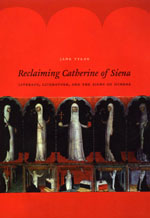
Laura Dassow Walls, author of The Passage to Cosmos: Alexander von Humboldt and the Shaping of America, garnered the forty-first annual James Russell Lowell Prize for “an outstanding literary or linguistic study by a member of the academy.” Walls traces von Humboldt’s ideas for Cosmos, the book that crowned his career, to his 1799 journey to the Americas, where von Humboldt first envisioned a new cosmopolitanism that would link discourses and nations in a global web of community. Check out the excerpt available at the book’s UCP page here and have a look at what Science called “a heartfelt plea for environmental holism.”
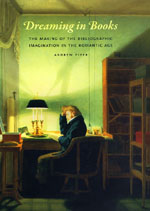
Jane Tylus will share the twenty-first annual Howard R. Marraro Prize for “outstanding book in the field of Italian Literature” for Reclaiming Catherine of Siena: Literacy, Literature, and the Signs of Others, which Choice earlier proclaimed an “essential” volume.
Andrew Piper, whose Dreaming in Books: The Making of the Bibliographic Imagination we just blogged about yesterday afternoon, received the seventeenth annual Modern Language Association Prize for a First Book for this work on the book’s changing identity at the turn of the nineteenth century, as well as acclaim from the New Republic for one of the Best Art Books of 2009.
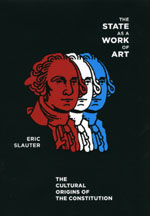
And finally: Eric Slauter, author of The State as a Work of Art: The Cultural Origins of the Constitution—in which he uncovers the hidden cultural histories upon which the document rests, in light of the artifice of the developing state—received Honorable Mention for the First Book award. Read an excerpt from the first chapter of The State as a Work of Art at the BookDaily site here.
Hearty congrats and warm weekend wishes to all of the winners!
